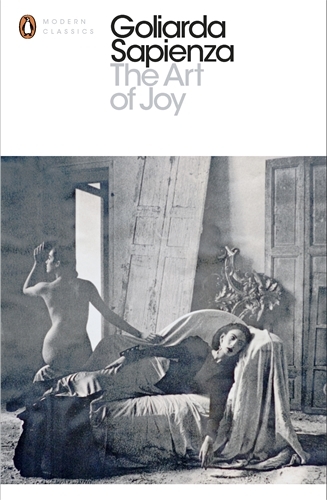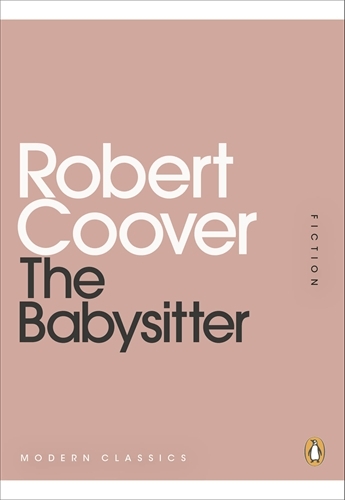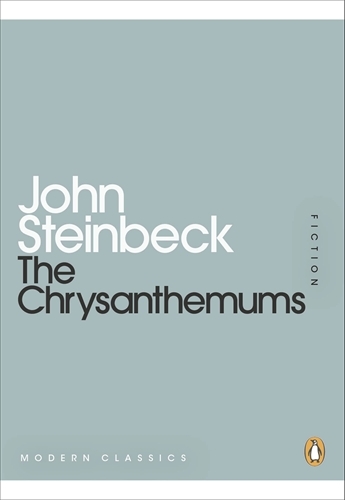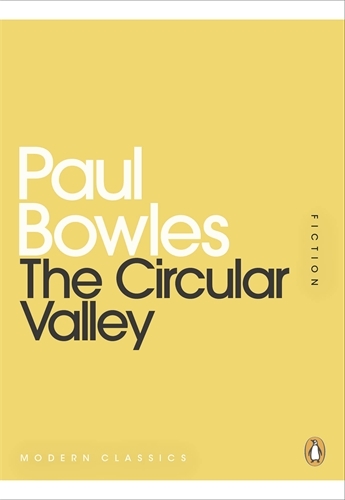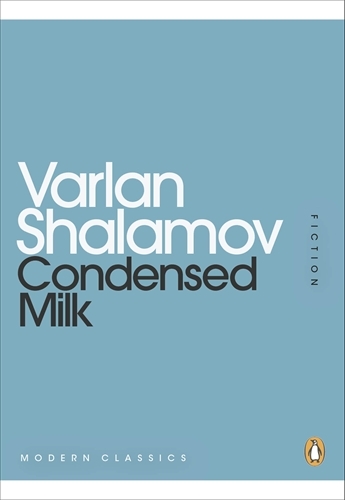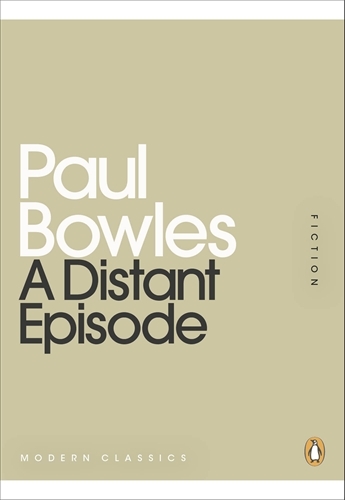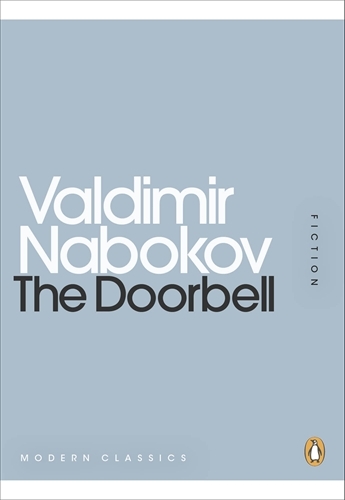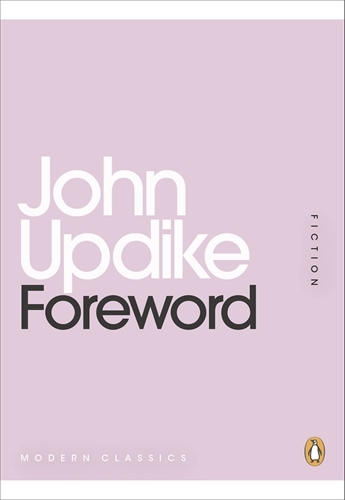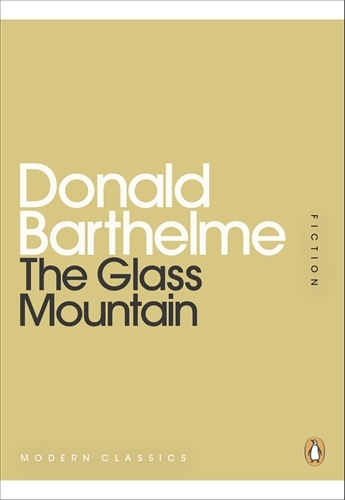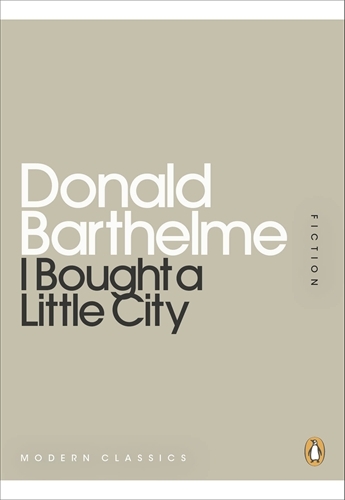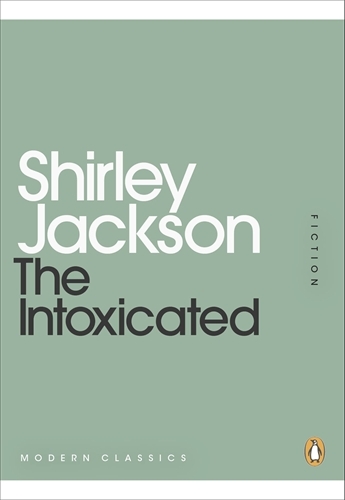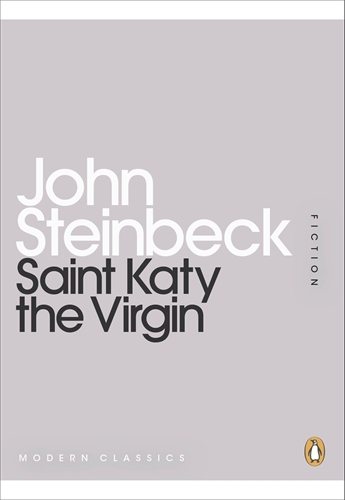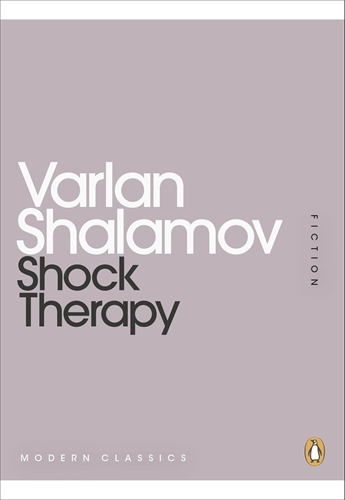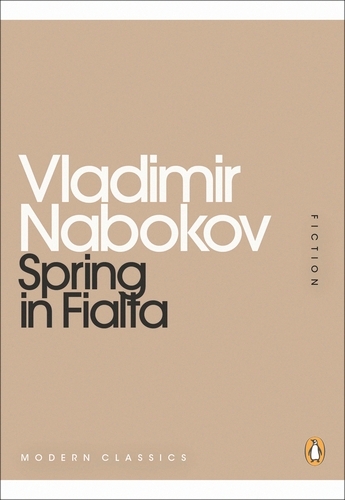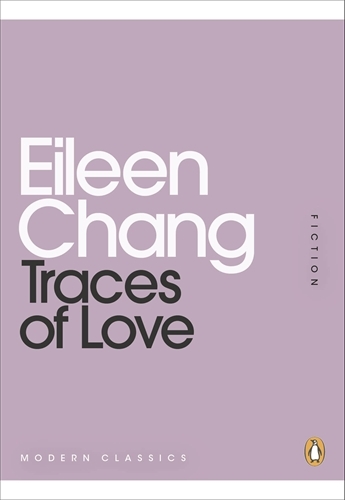Penguin Modern Classics
1281 books in this series
All the Blood Within Me
Boarding the train at Euston, Alec begins the journey to his former lover's funeral. Theirs was an affair acknowledged and so permanent that they called themselves 'the Trio', but now only two of them remain. Returning, 'Uncle Alec' will be welcomed by his lover's children, her husband, Jim, and the suburban world that he left behind. As memories are rehashed and acquaintances re-met, this is a short tale of regret, old age and the lies that we tell ourselves. Through conversations, half-hung sentences and painful allusions, Kingsley Amis contemplates the purpose of love, the myriad ways of loving, and the complex web of relationships and distortions that make up our humanity.
The Art of Joy
Goliarda Sapienza's The Art of Joy was written over a nine year span, from 1967 to 1976. At the time of her death in 1996, Sapienza had published nothing in a decade, having been unable to find a publisher for what was to become her most celebrated work, due to its perceived immorality. One publisher's rejection letter exclaimed: 'It's a pile of iniquity.' The manuscript lay for decades in a chest finally being proclaimed a "forgotten masterpiece" when it was eventually published in 2005.
This epic Sicilian novel, which begins in the year 1900 and follows its main character, Modesta, through nearly the entire span of the 20th century, is at once a coming-of-age novel, a tale of sexual adventure and discovery, a fictional autobiography, and a sketch of Italy's moral, political and social past. Born in a small Sicilian village and orphaned at age nine, Modesta spends her childhood in a convent raised by nuns.Through sheer cunning, she manages to escape, and eventually becomes a princess. Sensual, proud, and determined, Modesta wants to discover the infinite richness of life and sets about destroying all social barriers that impede her quest for the fulfilment of her desires. She seduces both men and women, and even murder becomes acceptable as a means of removing an obstacle to happiness and self-discovery.
Goliarda Sapienza (1924-1996) was born in Catania, Sicily in 1924, in an anarchist socialist family. At sixteen, she entered the Academy of Dramatic Arts in Rome and worked under the direction of Luchino Visconti, Alessandro Blasetti and Francesco Maselli. She is the author of several novels published during her lifetime: Lettera Aperta (1967), Il Filo Di Mezzogiorno (1969), Università di Rebibbia (1983), Le Certezze Del Dubbio (1987). L'Arte Della Gioia is considered her masterpiece.
Anne Milano Appel, Ph.D., a former library director and language teacher, has been translating professionally for nearly twenty years, and is a member of ALTA, ATA, NCTA and PEN. Her translation of Giovanni Arpino's Scent of a Woman (Penguin, 2011) was named the winner of The John Florio Prize for Italian Translation (2013).
This epic Sicilian novel, which begins in the year 1900 and follows its main character, Modesta, through nearly the entire span of the 20th century, is at once a coming-of-age novel, a tale of sexual adventure and discovery, a fictional autobiography, and a sketch of Italy's moral, political and social past. Born in a small Sicilian village and orphaned at age nine, Modesta spends her childhood in a convent raised by nuns.Through sheer cunning, she manages to escape, and eventually becomes a princess. Sensual, proud, and determined, Modesta wants to discover the infinite richness of life and sets about destroying all social barriers that impede her quest for the fulfilment of her desires. She seduces both men and women, and even murder becomes acceptable as a means of removing an obstacle to happiness and self-discovery.
Goliarda Sapienza (1924-1996) was born in Catania, Sicily in 1924, in an anarchist socialist family. At sixteen, she entered the Academy of Dramatic Arts in Rome and worked under the direction of Luchino Visconti, Alessandro Blasetti and Francesco Maselli. She is the author of several novels published during her lifetime: Lettera Aperta (1967), Il Filo Di Mezzogiorno (1969), Università di Rebibbia (1983), Le Certezze Del Dubbio (1987). L'Arte Della Gioia is considered her masterpiece.
Anne Milano Appel, Ph.D., a former library director and language teacher, has been translating professionally for nearly twenty years, and is a member of ALTA, ATA, NCTA and PEN. Her translation of Giovanni Arpino's Scent of a Woman (Penguin, 2011) was named the winner of The John Florio Prize for Italian Translation (2013).
The Babysitter
'She arrives at 7.40, ten minutes late...' She babysits for Mr and Mrs Tucker. She has left a boyfriend alone for the evening. From this seemingly simple start Robert Coover masterfully explores the subtle barrier between 'reality' and thought. As the babysitter triggers the men's sexual fantasies, their erotic imaginations twist into alternative narratives simultaneously experienced by the reader: she does or does not take a bath; she does or does not invite her boyfriend over; she does or does not get caught unawares by Mr Tucker. In a profusion of happenings and imaginings, Coover layers moment upon moment, narrative upon narrative, to shatter the timeline of one evening into a multiplicity of events - contradictory, simultaneous, but all equally 'real'.
The Chrysanthemums
Elisa Allen is tending her chrysanthemums. Strong, with a handsome face she skilfully and proudly cultivates the best in the valley. Tonight, her husband is taking her to town. While she works, a squeak of heels and a plod of hoofs bring a curious vehicle, curiously drawn: a tradesman looking for directions and a job. He is met with curt replies and a hardened resistance. Then he notices her chrysanthemums.
With his characteristic insight and evocative language, John Steinbeck creates a short story of a brief but striking encounter. Set in Salinas Valley, where he grew up, it dissects the myriad complexities of humanity, society and hidden longings.
With his characteristic insight and evocative language, John Steinbeck creates a short story of a brief but striking encounter. Set in Salinas Valley, where he grew up, it dissects the myriad complexities of humanity, society and hidden longings.
The Circular Valley
In the Circular Valley lives a spirit, a mute presence: Atlajala. Thirsting for sensation, this spirit enters a moth, a panther, an eel, and feels what they feel - the cool darkness of water, the pleasure of a kill. Centuries old and indifferent to time, it enters man and discovers obsession for the first time. Yearning to be incarnate as man, it enters priests, soldiers and bandits. When an adulterous couple arrives in the valley, it slips into a woman. Finally, it feels complete. But as it possesses her, she grows restless and extreme, and her affair takes a darker, more sinister turn.
Condensed Milk
Narrated in the first person, this short story is one episode in the life of a Russian labour-camp inmate. Written by Varlam Shalamov after his own experiences at a gulag, it describes the apathy of prisoners as they steadily approach death, the assuredness of betrayal and duplicity, and the constant craving for material satisfaction to lessen the empty, scorched feeling inside. When an old acquaintance lays out an escape plan, that satisfaction is offered in the form of condensed milk: a sweet, delicious extravagance - a small element of joy in the midst of impending death.
A Distant Episode
A linguistic professor arrives in Ain Tadouirt seeking to study the local dialects. Confident, condescending and culturally aloof, he is led that night to a quarry and left there. He begins to descend. Met with horror upon horror as his journey continues, he is stripped of dignity, humanity and worth. In this dark short story, language takes a central role as Paul Bowles vividly consigns the Professor to his fate amidst evocative smells, haunting sights and lurking sensations. Incisive and commanding, it is an exploration of the definition of identities, cultural differences and the shifting natures of cultural supremacy.
The Doorbell
After multiple postings in various armies, Nikolay Galatov, an itinerant soldier, is living in Berlin. Every now and then he remembers Olga Kind, a woman he left behind in St. Petersburg seven years ago. He decides to go and find her.
Filled with teasing plot lines, misrepresentations and narrative traps, The Doorbell is an exploration of character, interaction and awkward suspense. Once again examining the themes of loss, separation and exile, Vladimir Nabokov weaves a tale of unexpected turnings and non-happenings, playing with the conventions of traditional, predictable fiction.
Filled with teasing plot lines, misrepresentations and narrative traps, The Doorbell is an exploration of character, interaction and awkward suspense. Once again examining the themes of loss, separation and exile, Vladimir Nabokov weaves a tale of unexpected turnings and non-happenings, playing with the conventions of traditional, predictable fiction.
Foreword
John Updike's fictional antihero, Henry Bech, could not be more different from his creator. A self-confessed composite of Norman Mailer and J.D. Salinger, he cannot help but flatter himself. In this 'foreword' Updike presents us with a conceited and satirical manifestation of what it means to be an American and a writer.
The Glass Mountain
A glass mountain sits in the middle of a city and at the top sits a 'beautiful, enchanted symbol'. Seeking to disenchant it, the narrator must climb the mountain. Confronted by the jeers of acquaintances, the bodies of previous climbers and the claws of a guarding eagle he, slowly, begins to ascend. In true postmodernist form, subject and purpose collide as Donald Barthelme uses one-hundred fragmented statements to destabilise a symbol of his own - literature's conventional forms and practices. With a quest, a princess and an array of knights, Barthelme subverts that most traditional of genres, the fairy-tale; irony, absurdity, and playful self-reflexivity are the champions of this short story.
I Bought a Little City
"I Bought a Little City [is] a take on the role that a writer has in writing a story - playing god, in a certain way." Donald Antrim, novelist.
'Got a little city, ain't it pretty'.
Galveston, Texas, has been bought. It suits its new owner just fine. So he starts to change it. He creates a new residential area in the shape of a Mona Lisa jigsaw puzzle, shoots six thousand dogs, and reminds those who complain that he controls the jail, the police and the local chapter of the American Civil Liberties Union. But, playing God has its limitations, which he soon discovers when he starts to covet Sam Hong's wife. With Donald Barthelme's unmistakeable ability to blend absurdity and the recognisable details of ordinary life, this is an uncanny tale about urban planning, capitalism and God.
'Got a little city, ain't it pretty'.
Galveston, Texas, has been bought. It suits its new owner just fine. So he starts to change it. He creates a new residential area in the shape of a Mona Lisa jigsaw puzzle, shoots six thousand dogs, and reminds those who complain that he controls the jail, the police and the local chapter of the American Civil Liberties Union. But, playing God has its limitations, which he soon discovers when he starts to covet Sam Hong's wife. With Donald Barthelme's unmistakeable ability to blend absurdity and the recognisable details of ordinary life, this is an uncanny tale about urban planning, capitalism and God.
The Intoxicated
At a post-war suburban party, a man retreats to the kitchen and unexpectedly meets a teenage girl. There is the usual coffee and small talk, but then the conversation takes a startling turn. He resists it with condescending statements, but she calmly persists, and visions of a post-apocalyptic America follow one after another - destruction and chaos coolly, but vividly, described by her youthful voice.
Shirley Jackson's ability to create a sense of unease is masterfully displayed in this commonplace but haunting exchange. Blending horror with the ordinary, it disrupts the comfort of the familiar and introduces a lurking disquiet that endures well beyond the close of the conversation.
Shirley Jackson's ability to create a sense of unease is masterfully displayed in this commonplace but haunting exchange. Blending horror with the ordinary, it disrupts the comfort of the familiar and introduces a lurking disquiet that endures well beyond the close of the conversation.
Saint Katy the Virgin
Roark is a bad man. His pig is a bad pig. They match in devilish temperament and violent deeds. Roark laughs at a drowned monk; his pig eats its own young and turns a boar sterile. As a spiteful tithe, the pig is given to the local monastery. The pig becomes a Christian. The pig is Saint Katy the Virgin. Fantastical and farcical, this short story parodies religious tropes and stereotypes. With a lively imagination and piercing wit, John Steinbeck delivers an absurd tale that amuses and entertains whilst asking powerful, revealing questions.
Shock Therapy
Merzlakov, once a robust stable-hand, now fights hunger, pain and exhaustion after a year and a half at a labour camp. An enormous man given little food, he sees the larger men dying first, their bodies conquered by starvation. In his desperation for survival, he begins a yearlong struggle of pain and injury. It ends with the inscrutable and punctilious Dr Peter Ivanovich. In a curious mix of empathy and haunting objectivity, this short story describes a snapshot of life in a Russian labour-camp. Written after Varlam Shalamov's own experiences at a gulag, it is one episode in the many that make up Kolyma Tales.
Spring in Fialta
'Spring in Fialta is cloudy and dull'. With his senses wide open, Victor wanders the streets. He meets Nina. Again. For fifteen years, their fleeting, chance encounters have made Nina a faint but constant presence in the margins of his life. As they happen upon one another once again, his mind wanders back into the past and relives each brief memory: their kiss in Russia, when she met his wife, when he met her husband, their affair in Paris. Each time she captivated him, each time she seemed to almost forget him, each time he noticed a lurking sense of apprehension that began to grow.
Traces of Love
Written by one of the most lauded Chinese writers of the twentieth century, this bijou story focuses around the relationship between Mr and Mrs Mi and compares their bond of love with the sense of care they feel for the elderly Mrs Yang. A subtle examination of the fragile ties that bind us to those whom we love and those for whom we find ourselves caring along the way.

